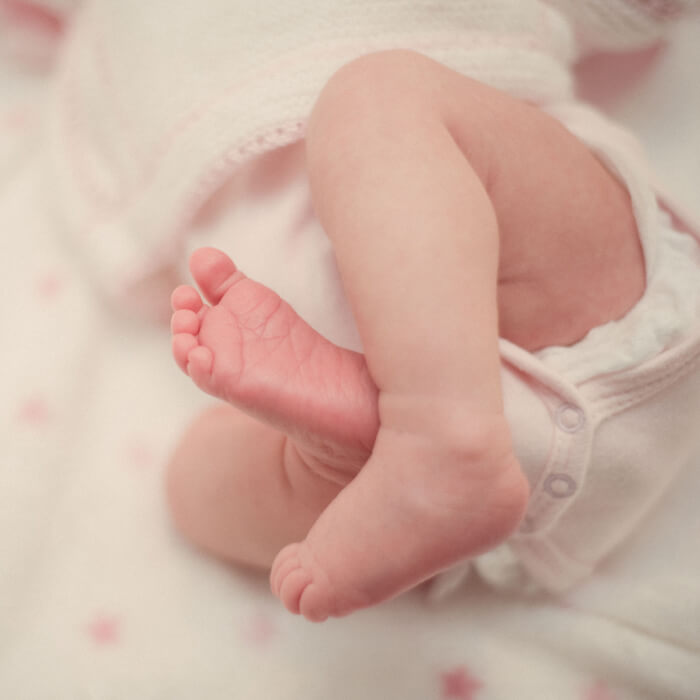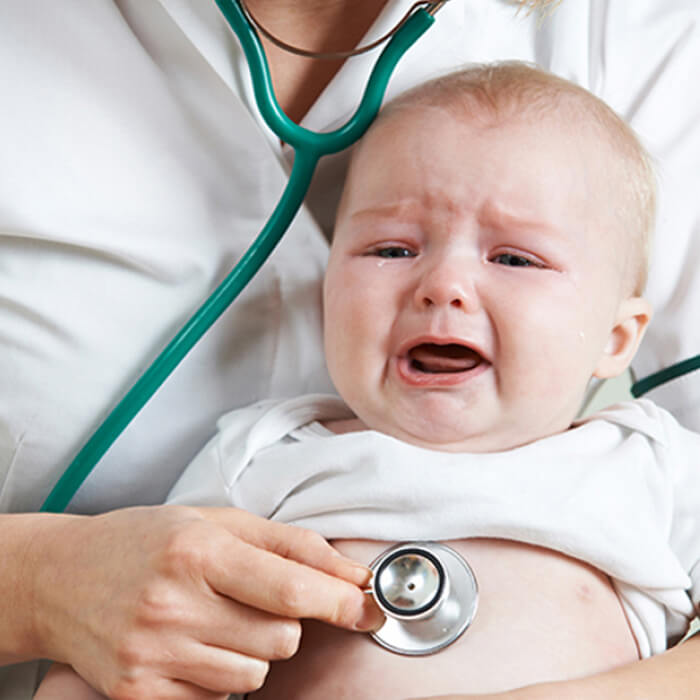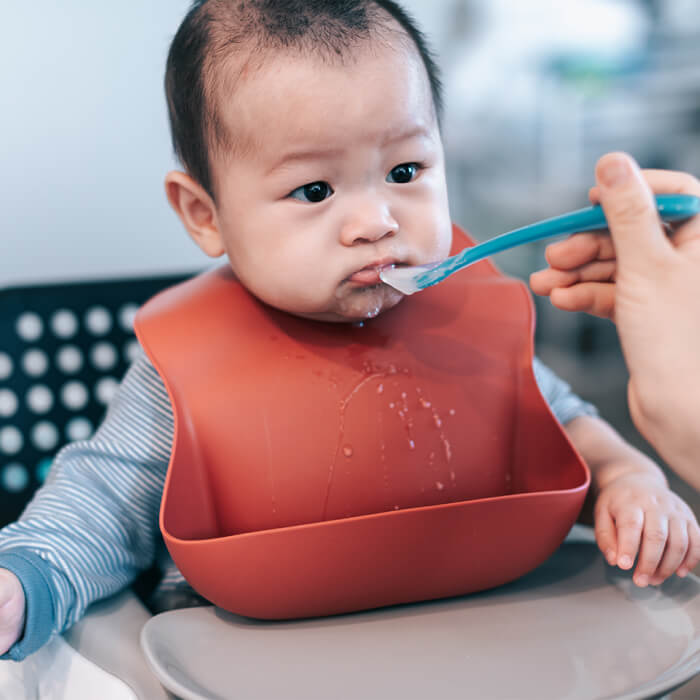A note on safety
As your child becomes more independent, mobile, and curious about people, objects and surroundings, you will need to take extra precautions to ensure safety.
Double-check on all the baby-proofing you might have done earlier in the year, ensuring sharp edges are still covered and no-go zones like the kitchen are still barricaded. Heavy items like TVs, cupboards, and bookshelves should be firmly secured to the wall to prevent them from toppling over onto your child. You should ensure that items such as chemicals, sharp objects, and medicines are locked away in the cupboard to which your toddler has no access. Remember to never leave your child alone while eating, in the bath or when outside. Do remind all caregivers of your little one about these safety procedures, too.





